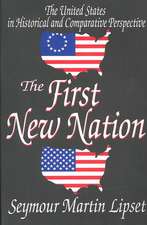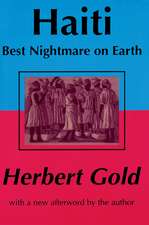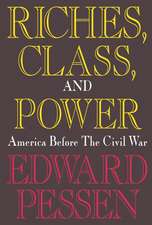The Age of Happy Problems
Autor Herbert Golden Limba Engleză Paperback – 30 apr 2002
| Toate formatele și edițiile | Preț | Express |
|---|---|---|
| Paperback (1) | 283.80 lei 6-8 săpt. | |
| Taylor & Francis – 30 apr 2002 | 283.80 lei 6-8 săpt. | |
| Hardback (1) | 669.94 lei 6-8 săpt. | |
| Taylor & Francis – 29 ian 2018 | 669.94 lei 6-8 săpt. |
Preț: 283.80 lei
Nou
Puncte Express: 426
Preț estimativ în valută:
54.31€ • 56.63$ • 45.14£
54.31€ • 56.63$ • 45.14£
Carte tipărită la comandă
Livrare economică 20 martie-03 aprilie
Preluare comenzi: 021 569.72.76
Specificații
ISBN-13: 9780765809179
ISBN-10: 0765809176
Pagini: 258
Dimensiuni: 152 x 229 x 18 mm
Greutate: 0.43 kg
Ediția:1
Editura: Taylor & Francis
Colecția Routledge
Locul publicării:Oxford, United Kingdom
ISBN-10: 0765809176
Pagini: 258
Dimensiuni: 152 x 229 x 18 mm
Greutate: 0.43 kg
Ediția:1
Editura: Taylor & Francis
Colecția Routledge
Locul publicării:Oxford, United Kingdom
Cuprins
PART I: AMERICAN EVENTS The Age of Happy Problems, How to be an Artist’s Wife M, Divorce as a Moral Act, The Bachelor’s Dilemma, The Mystery of Personality in the Novel, The Fair Apple of Progress, The New Upper-Middle Soap Opera, Hip, Cool, Beat, and Frantic, 1. The American as Hipster 2. Hip, Cool, Beat, and Frantic 3. The Rise of the Treeniks Fiction of the Sixties, A Dog in Brooklyn, a Girl in Detroit: A Life Among the Humanities PART II: AMERICAN PLACES, Paris: Notes from La Vie de Bohéme (Avec Tout Conforts), Cleveland: Inflation-on-the-Erie, Haiti: Americans in the Port of Princes, Reno: The Great Divide, Greenwich Village: The Changing Village, Death in Miami Beach
Descriere
In his first book of non-fiction, originally published in 1962, Herbert Gold explores some not-so-happy problems confronting people in an age of "mass destruction, mass inertia, mass everything


















